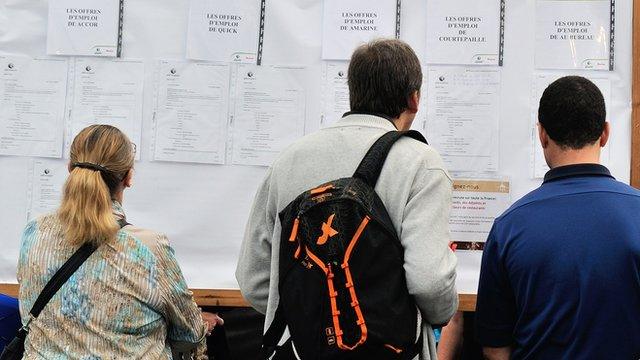Viewpoints: Bulgarian and Romanian migration
- Published
The UK and eight other EU countries will lift labour market restrictions for Bulgarians and Romanians on 1 January - the last member states to do so.
The issue is a hot topic in the UK, after the unexpectedly large influx from Eastern Europe which followed EU enlargement in 2004.
Two journalists in Bulgaria and Romania give their views here on the coverage in their countries.

Lora Fileva, Sofia, Bulgaria
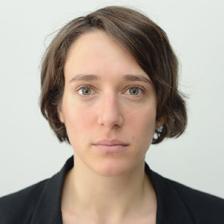
British fears and the British government's negative campaign were widely reported here. That campaign was summed up in the words "please, don't come to the UK - it rains all the time, it's hard to find a job, and more often than not it will be poorly paid".
Unlike in Romania, there were no counter-campaigns or anti-British publications here. We could read the comments of British officials and organisations. Most popular was the statement by UK Independence Party (UKIP) leader Nigel Farage that Bulgarians are starving in a mafia-run state.
The statements of EU commissioners, that Bulgarians and Romanians should not fear discrimination, were also widely reported.
This has been a particularly hard year in Bulgaria, with anti-government protests for months on end and regular clashes with police. Fortunately, our sense of humour flourished - people joked that "there are only two ways out of the crisis in Bulgaria: Terminal 1 and 2 at Sofia airport".
But that was never said in the context of the lifting of labour market restrictions by nine EU countries.
Bulgarian analysts suggested that domestic reasons lay behind the negative campaign in Britain: deep-seated Euroscepticism and political rivalry ahead of the May 2014 European elections.
Some added that British fears had more to do with memories from the recent past than with future expectations. In 2004, when most countries in Eastern Europe joined the EU, only three member states - Ireland, the UK and Sweden - fully opened their labour markets. Many went to the UK then.
Since the fall of communism, about 2.5 million Bulgarians have left the country. Some research suggests around 50,000 are in the UK, but some estimates suggest double that number.
Of the countries abolishing restrictions, Britain usually comes fourth, after France, Austria and Germany, as a potential target. Recent coverage on the BBC of the brain drain of medical staff, with 80% of young doctors planning to move away, was widely reported here.
As the great day approaches, one Bulgarian Facebook user has created an event for 1 January: FLASHMOB! 29 Million Bulgarians and Romanians invited! Bulgarian and Romanians are invited to celebrate New Year's Eve with Nigel Farage.
One person commented: "It's really very kind of him to get so excited. Bulgarians like myself had already forgotten about this. Why pay an arm and a leg in UK taxes, when the flat rate in Bulgaria is only 10%? And why should I move there, when I'm planning my summer holidays on the Black Sea coast next summer, like tens of thousands of Brits?"
Lora Fileva works for Dnevnik.bg, a website for general news, analysis and comment. She has covered the mass protests in Bulgaria, crime and justice issues since 2011. Previously she wrote about education and social problems.

Carmen Valica, Bucharest, Romania

There has been a lot of media coverage in Romania of British fears of a Romanian invasion. In January one newspaper even launched a tongue-in-cheek campaign in response.
Many Romanians have been upset by British attitudes, but that humorous campaign showed that we can still see the funny side.
The latest polls suggest Germany is now in first place among the nine "target" countries that will lift working restrictions for Romanians (Austria, Germany, the Netherlands, Luxembourg, Malta, France, the UK, Ireland and Spain). That is probably because Romanians consider the German economy the most stable.
It is a shift away from Italy and Spain, which Romanians have traditionally preferred because of the linguistic similarities. The UK is now second choice, probably because many young Romanians speak English.
The general impression is that those who wanted to leave have already done so, and that those who want to leave now would do so even if the restrictions remained in place. Those barriers never stopped well-qualified young people travelling abroad, in search of decent salaries.
The brain drain has long been an issue for us. Many who left to work in construction or agriculture are seriously overqualified. Some 14,000 doctors and 50,000 nurses have left the country since 2007, when Romania joined the EU, according to figures released in November by the College of Romanian Doctors.
According to the French Medical Council, the number of Romanian doctors working in France has grown by more than 400% since 2007, to reach 3,000 this year.
The emigration of doctors is seen as one of the worst effects of migration, as it has produced a shortage in Romania.
The most hostility towards the lifting of restrictions has been in the Netherlands and the UK. The campaigns seemed unfair, and were depicted by Romanian commentators as sheer populism - a way for politicians to gain public support by enhancing fears that would prove unjustified.
Almost everybody I know has a family member or a friend living abroad. This was simply the way things happened after the fall of communism.
The "best" country to go to is one where you already have a family member or friend, you know the language and, of course, find a job.
Romanians are aware, of course, of the petty offences attributed to people from Romania. Sometimes they embarrass or anger us. But the general perception is that most Romanians abroad are hard-working, talented and successful in fulfilling dreams that would remain unattainable at home.
Carmen Valica has worked as a radio journalist for the past 12 years. She is a news producer at Romanian Public Radio. Previously she was a reporter and presenter in the former Romanian Service of the BBC.
- Published23 December 2013
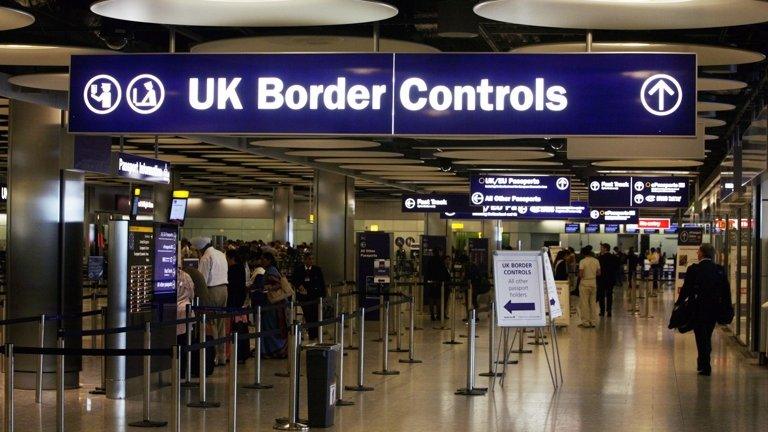
- Published22 December 2013
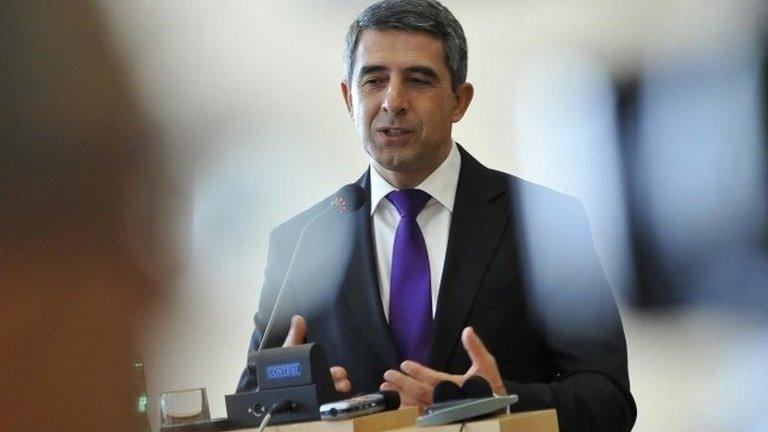
- Published3 November 2014

- Published14 May 2014
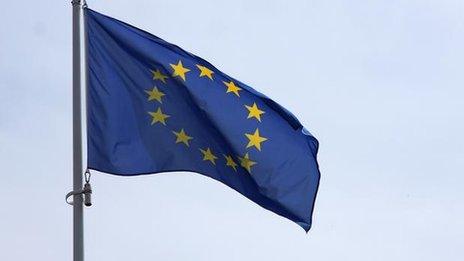
- Published14 October 2013
